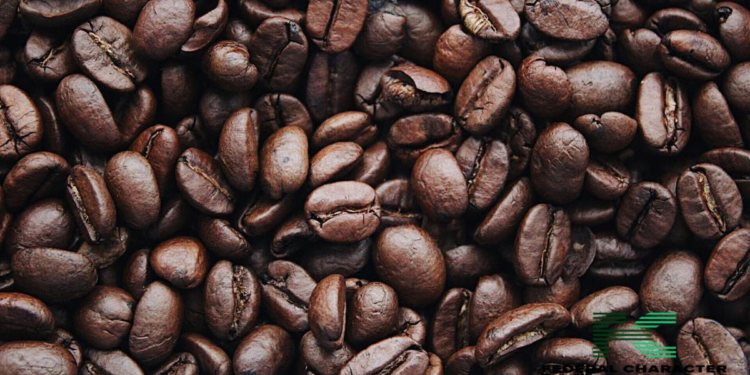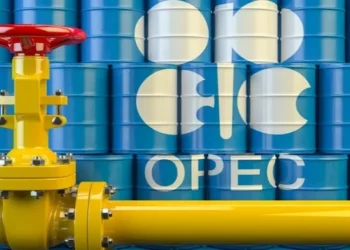Market observers must have noticed a significant rise in the price of cocoa. This price surge is believed to have repercussions on the production of chocolate and other cocoa-based products.
However, our focus today is not on these implications. Rather, the deficit supply of the commodity by the world’s largest producers which has led to the increase in the price of cocoa on the international market
Cocoa is predominantly cultivated in West Africa, with Ghana and Ivory Coast as it’s largest producers. However, this year’s harvest of cocoa has been plagued with significant challenges. Disease outbreaks, adverse weather conditions, and aging trees have all contributed to a decline in cocoa harvests, leading to a supply shortage and subsequent price hike.
For Ghana, the second-largest cocoa producer in West Africa, this poses significant economic challenges. Cocoa serves as a vital component of Ghana’s GDP, contributing approximately 15% to the nation’s economic output. With dwindling cocoa production this year, Ghana faces an uphill battle and anticipates future repercussions on cocoa production.
The Ghana Cocoa Marketing Board reports that diseases like cocoa swollen shoot virus have decimated vast swathes of farmland, exacerbating the production decline.
Cocoa smuggling has also caused a significant decrease in the export of cocoa due to insufficiency. The high cost of cocoa has been reported to provide an incentive for smugglers. The decreased export have affected Ghana’s trade surplus resulting in a decline of the cedi against the dollar.

Farmers have also been reported to lease lands to illegal miners of gold for payment, these illegal mining have diminished the quality of the land making it unfit for cocoa production
For an economy that relies largely on the export of cocoa to boast her Gross Dometic profit, these factors have severe consequences on the value and sustainability of their economy
The consequences of reduced cocoa supply extend beyond economic indicators.
This decline in output translates to lower incomes for farmers, compounded by broader economic challenges such as inflation and currency devaluation in Ghana.
Also, Based on the decline in production and harvest of cocoa beans, Ghana will most likely lose access to commodity backed facilities which has funded the payment of cocoa farmers for their cocoa beans. With their inability to purchase cocoa from farmers…..
In essence, the cocoa price surge not only threatens Ghana’s economy but also highlights systemic issues within the cocoa industry such as disease control, adequate incentive for farmers and close monitoring of the cocoa. These problems stresses the need for sustainable solutions to safeguard both economic prosperity and agricultural livelihoods.

















